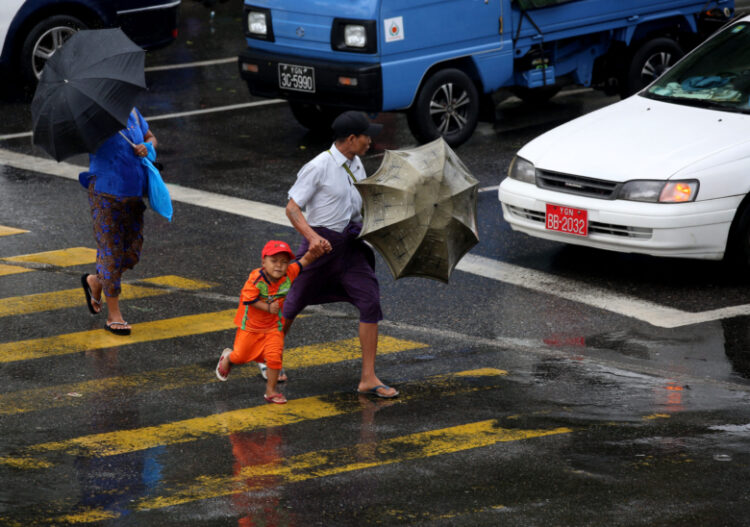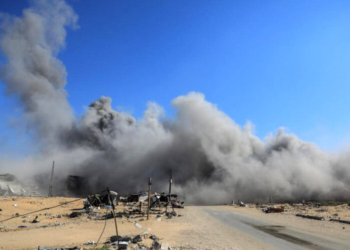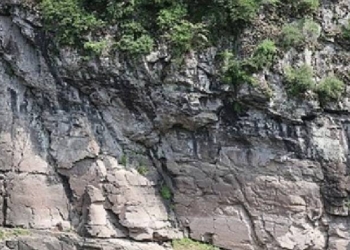Yangon: Myanmar authorities on Monday have declared 17 townships in Rakhine state as a natural disaster-affected area in the wake of the extremely severe cyclonic storm Mocha battering the region, according to a notification released by the State Administration Council (SAC).
The townships are Kyaukphyu, Manaung, Ramree, Ann, Sittwe, Pauktaw, Ponnagyun, Rathedaung, Gwa, Taungup, Thandwe, Maungtaw, Buthidaung, Kyauktaw, Minbya, Mrauk-U and Myebon, reports Xinhua news agency.
According to the notification, the townships were declared as a natural disaster-affected area in accordance with Section 11 of the Natural Disaster Management Law.
The declaration was made after cyclone Mocha caused loss of life and property and damage to the environment in Rakhine, and it is believed that there may be difficulties in rapid restoration of normality in the affected area.
On Sunday, Mocha hit the coastal areas of Rakhine State, leaving a trail of destruction.
The extremely severe cyclonic storm is now moving northwards and northeastwards is forecast to hit Chin State and Magway Region, according to Myanmar’s Department of Meteorology and Hydrology.
The weather agency also forecast that the storm will cross Sagaing Region as a cyclonic storm on Monday before weakening into a depression.
It further warned of heavy rains across the Southeast Asian country in next 24 hours due to cyclone Mocha.
The two towns of Chauk and Sinphyukyun in central Magway Region also experienced the heaviest single-day rainfall in 55 years and 50 years, respectively, on Sunday.
People have been urged to be aware of heavy rains, landslides and storm surge, the weather agency said.
All the fishing boats, trawlers and maritime vessels were already advised to remain in shelter till further notice, it said.
Cyclone Mocha came after towns in Myanmar have experienced record-high temperatures amid a scorching heatwave in the past few days.
The extremely severe cyclone, which is the first to form in the Bay of Bengal this year, is said to be the strongest to hit the region in recent years.
(IANS)

















